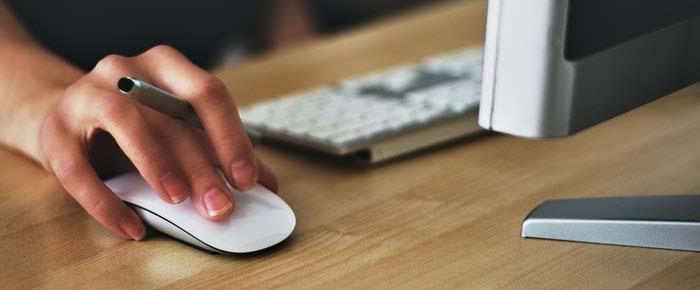From the smallest goal such as the repayment of a loan to saving for a deposit on the purchase of a property; these 7 steps will help you better manage your money and achieve your financial goals quicker.
Better budgeting skills can help you stay out of debt and have money left over at the end of the month to put into a savings account. Within a few months, you can buy that big-ticket item in cash.
We will also look at some tips to help you with your money management. By using these tips you can save thousands, maintain a good debt to income ratio as well as ensure you develop an excellent credit rating that will serve you well.
Are you ready to reach your financial goals & save money?
#1) Create a debt repayment calendar
Draw up a financial calendar that reminds you of taxes, account payment due dates, school payments, credit card and loan payments and any other payments you need to make. For example, if your car needs to be serviced in 2 months you can place a reminder on the calendar to remind you to budget for it.
A visual calendar can help remind you when payments are needed and how much you need to pay but also serves to make budgeting easier. You may also want to ensure your debit orders and repayments are due on the same dates to make them easier to manage.
#2) Pay high-interest debt first
If you are asking yourself which loan to pay off first, it will be the one carrying the highest interest rates. Pay these loans off first, to help you save money on interest in the long run. It is important to always pay your loans on time if you don’t this will have a negative effect on your credit history and before you know it you will have a bad credit history or become overwhelmed with debt.
It is also worth noting that you should compare loans before taking one, find a lender that has the best deals on loans and lower interest rates. That being said, prior to making extra payments towards your high interest debts you need to ensure you keep up with the minimum debt repayments on all of your loans.
#3) Cut down on spending & reduce expenses
Unnecessary expenses and spending can make saving money nearly impossible and push your financial goals even further away. To ensure that you manage to save money every month it is crucial to cut down on spending and reduce expenses as much as possible.
A good place to start is by avoiding unnecessary expenses such as dining out, ordering take-aways and buying expensive take-out coffee. Other areas that you can reduce expenses are entertainment and luxuries including clothing and electronics. Once you’ve reduced some or all of these you can then focus on reviewing bank fees and charges, memberships, subscriptions as well as fuel and energy consumption.
#4) Always hunt for a bargain
When shopping around, you should look out for specials, money saved now can be placed in a savings account at the end of the month or used to make extra payments towards debt.
If you are used to buying your groceries in a specific place but there are big specials at another it might be worth breaking your routine and saving money. As soon as you have saved some money you can use this to splash out a bit, go on holiday or, even better, keep on saving and earning interest on your money.
#5) Financial goals are important
If you constantly overspend, set a budget. A budget only works if you keep to it. When you work hard to stay within a budget it will get easier for you not to overspend. Set a financial goal for yourself and save as much as you can. A savings account will put you in a better financial standing, and help you have money available in case of emergencies.
Instead of taking out a loan and paying interest you can use your savings and save. It is easy to overspend when you are buying on account or using a credit card, consider using only cash for a while until you have better money management skills.
#6) Make savings a priority
If you don’t have multiple debts to repay then it’s time to focus all of your energy on savings. You can open multiple savings accounts from a range of financial services providers. These various savings account should each have a very specific purpose. One of the most important savings accounts one should have is an emergency fund with more or less months worth of expenses saved up in it.
Apart from your emergency fund all of your other savings accounts will be specific to what you want. One savings account can be for travel savings, another for savings towards a deposit for the purchase of a property and others for purchasing expensive items, studying or various experiences.
It is a great idea to automate your savings so that they become a priority and that the money is put away before you get the chance to use it.
#7) Boost your retirement savings
When you get a raise in your salary or join another company with a higher salary, but the extra you are getting away in your retirement fund. As your retirement fund grows, so does the interest on it. You will be thankful later in life when you have retired and have a bigger retirement fund.
This is the time most people travel or pursue a life long dream, even a bucket list. Having funds available to enjoy your retirement years is a great option. This can only come from a well-balanced budget and money management skills. Get yourself a money-saving buddy and empower each other to spend less and save more.
You can plan your financial future wisely, and this starts with money management skills. As soon as you are in a money-saving routine, as it becomes easier you can set bigger money goals.



